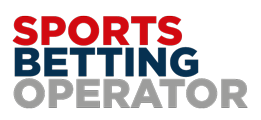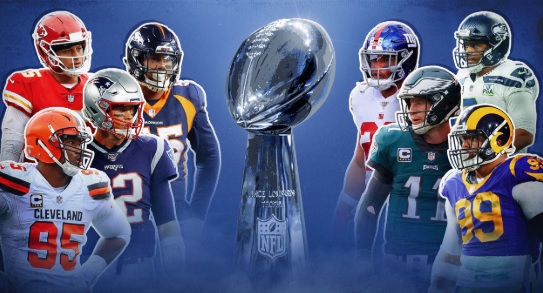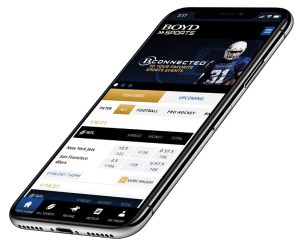This past week
marked the almost certain legalization of sports betting in Illinois. Local
business owners are not all wagering on a positive outcome when the sports
betting bill is signed into law – as some see an increased risk of overzealous
betters and gamblers disrupting the workplace.
Several potentially worrisome trends are already emerging, according to Philippe Weiss, Esq.,
President of workplace consultancy Seyfarth
Shaw at Work. He already reports an uptick in client calls
since the bill’s approval, with businesses seeking training and messaging
assistance in these key areas:
1. How to best remind managers and supervisors that gambling at work still presents a host of legal and disruption hazards, despite the upcoming Illinois law.
The state house bill does not suddenly authorize sports gambling of every kind and in every breakroom. It allows certain established gaming and sports-related businesses to offer sports betting in a number of proscribed manners. One southwest suburban client called Weiss on Thursday of last week, after hearing that several employees planned to establish a daily lunchtime “game of the day” wager tradition. They had read somewhere on social media that they now had a green light—courtesy of the Illinois legislature. In reality, the law limits who can offer sports betting, how and where, and even on what teams. (Betting on Illinois college teams, for example, is prohibited.)
2. How to respond, internally, as local
sports betting establishments start popping up and potentially entice employees
away from work.
The current amended bill will allow sports betting at or within a five-block
radius of a licensed sport venue that seats more than 17,000 people (… think
locations like Wrigley, Soldier and Guaranteed Rate Fields, United Center,
Chicagoland Speedway in Joliet, among others). Some lawyers who have
dealt with sports-betting workplace fallout call this radius the gambling
“hot zone.” New Jersey and several other states with similar laws in
place report already seeing impromptu mid-day “betting and beer runs”
by groups of employees – particularly when the specific place of work is
located in/near one such betting hot zone.
Summary of tips from Weiss on what to plan and watch for: Think “BET”:
B – Bad Performance. Train managers and supervisors to watch for those overly distracted by sports betting or related discussions with colleagues, such that it affects their performance. Train managers with effective, targeted language that they can use to intervene with employees talking sports wagers and re-focus them on work goals. (Some employers – with Weiss’ help – have found it useful to be creative here in terms of scripting: “Hey, let’s not “wager” our success/opportunities, by failing to get the basic work done here.” or “One thing that I am willing to ‘bet’ is that if we do not fast break back to our desks, we will all miss that customer deadline.”)
E – Escalation Moments. Managers and supervisors should be trained to know when to escalate issues to owners or HR (versus merely intervening, themselves). These escalation moments include when productivity issues persist, when employees are disrupting others’ work or when a possible addiction Red Flag is present.
T – Tardiness and Absences. If your place of work is located within convenient proximity of a five-mile “hot zone” (and soon-to-be functioning betting site), train your managers/supervisors to watch for and immediately respond to employees or groups gone for extended periods, as well as for patterns of unusual and unexplained absences – especially when accompanied by increased “betting talk” among colleagues.
Please let me know if you might like a call with Philippe Weiss to discuss any of the above points or other issues that employers should keep in mind.
Regards,
Ivan Alexander 212-262-7482 ivan.k.alexander@gmail.com








